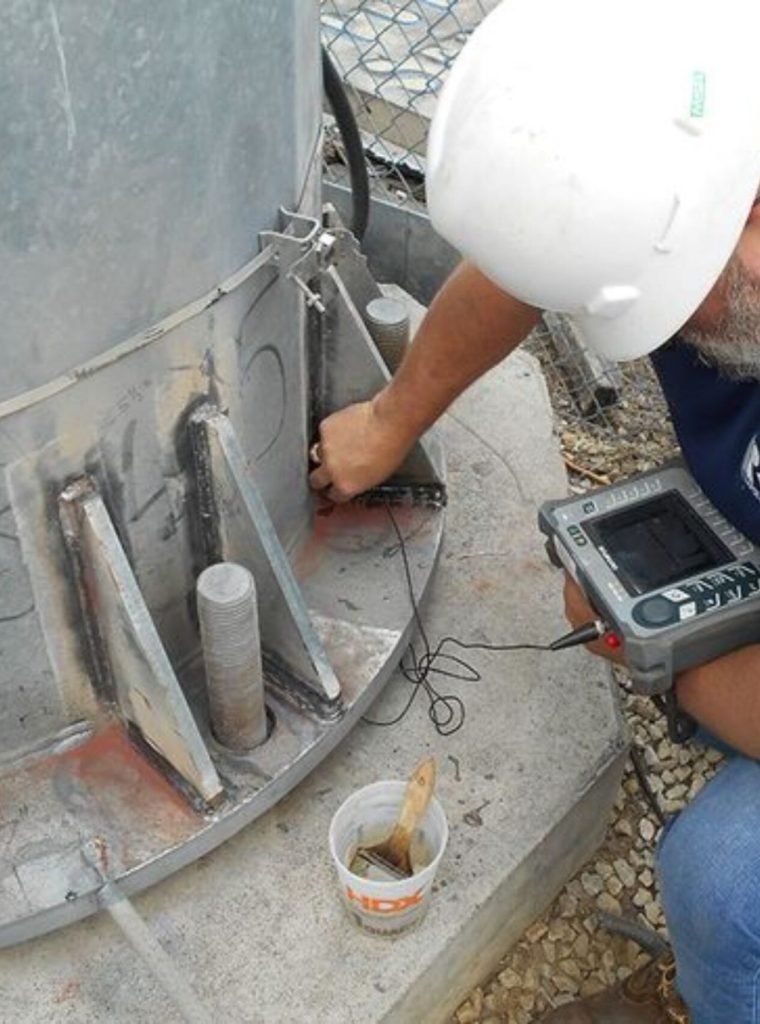NDT Level II
NDT level ii
The NDT (Non-Destructive Testing) Level 2 course provides students with the necessary skills and credentials to inspect materials, components, and structures for flaws without causing harm. Ultrasonic testing (UT), radiographic testing (RT), magnetic particle testing (MT), liquid penetrant testing (PT), and visual testing (VT) are among the NDT techniques covered in this course. In addition to learning how to interpret test results, create reports, and guarantee adherence to industry standards like ASNT and ISO, participants have practical experience with sophisticated inspection procedures.
Career options in fields like manufacturing, power generation, aerospace, oil and gas, and construction are made possible by completing the NDT Level 2 course. NDT Engineer, Quality Inspector, and NDT Technician are among the job titles. These experts are essential to guaranteeing the dependability, quality, and safety of assets. With a global need for competent NDT professionals, this certification provides excellent employment options with competitive wages and opportunities for promotion in the quality assurance industry.


FAQ
General Question
Whether you have questions regarding the equipment and technology used in training, the safety procedures stressed in the classroom, or the career options open to you once you graduate, this section offers clear, brief details to help you. Examine your responses to help you make wise choices and confidently begin your drilling career.
Candidates should typically have completed an NDT Level 1 course or have relevant work experience in the field. A background in engineering, science, or a related technical discipline is often recommended.
Successful candidates receive NDT Level 2 certification in specific testing methods such as UT, RT, MT, PT, or VT. These certifications are recognized globally and align with standards like ASNT, ISO 9712, or SNT-TC-1A.
Graduates can work as NDT Technicians, Inspectors, or Engineers in industries like aerospace, oil and gas, power plants, and manufacturing. Their expertise ensures the integrity and safety of critical components and systems.

